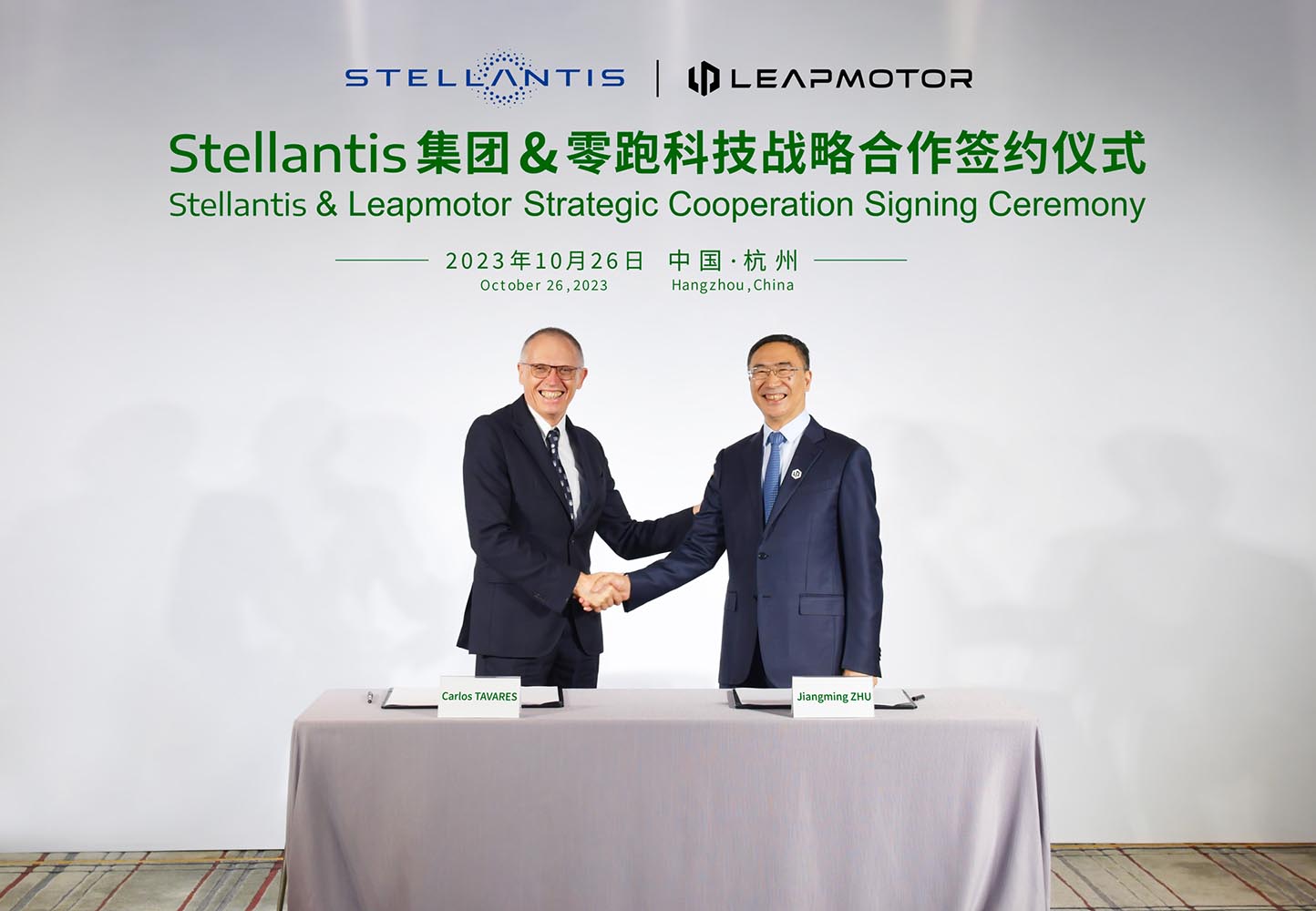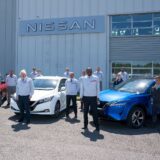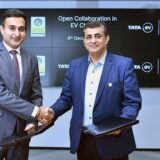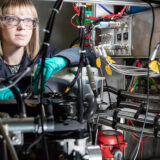
Stellantis invests in Leapmotor, boosting global EV production
Stellantis has made a strategic move in the electric vehicle (EV) industry by investing EUR1.5 billion (USD1.58 billion) in Leapmotor, a Chinese EV startup. This partnership is set to strengthen Leapmotor’s global electric vehicle operations.
Announced on October 26, the investment enables Stellantis to acquire approximately a 20% equity stake in Leapmotor, making it a significant shareholder and giving it two Board of Directors seats.
Stellantis N.V.’s headquarters is located in Amsterdam, Netherlands. However, Stellantis has significant operational offices in Auburn Hills, Michigan, U.S.A., and in the Paris suburb of Saint-Ouen-sur-Seine, France, given its roots from the merger of Fiat Chrysler Automobiles (FCA) and Groupe PSA.
Leapmotor is among the fastest growing Chinese pure-play new energy vehicles (NEVs) technology leaders with a unique vertical integration model and a full-suite of in-house R&D and manufacturing capabilities. The alliance is expected to leverage Stellantis’ automotive prowess and Leapmotor’s innovative electric capabilities.
The deal also outlines the formation of Leapmotor International, a 51-49 Stellantis-led joint venture that has exclusive rights for the export and sale, as well as manufacturing, of Leapmotor products outside Greater China. This will be an industry-first global electric vehicle relationship between a leading automaker and a Chinese pure-play NEV OEM.
The transaction is subject to customary closing conditions, including regulatory approvals.
The automotive landscape is rapidly evolving, with electric vehicles playing a pivotal role in shaping the industry’s future. Stellantis’ decision to partner with Leapmotor is a reflection of this trend.
“As consolidation unfolds among the capable electric vehicles start-ups in China, it becomes increasingly apparent that a handful of efficient and agile new generation EV players, like Leapmotor, will come to dominate the mainstream segments in China,” said Stellantis CEO Carlos Tavares. “We feel it’s the perfect time to take a leading role in supporting the global expansion plans of Leapmotor, one of the most impressive new EV players who has a similar tech-first, entrepreneurial mindset to ours. Through this strategic investment, we can address a white space in our business model and benefit from Leapmotor’s competitiveness both in China and abroad.”
“We believe in win-win partnerships formed by strong players in the fast-evolving environment. Working with Stellantis, we will continue to be innovative and creative in technology and business synergies and will bring Leapmotor EV cars to the global market,” said Leapmotor Founder and CEO Zhu Jiangming.
Leapmotor, based in Hangzhou, Zhejiang Province, China, has been at the forefront of EV technology, developing a range of electric vehicles that cater to various market needs. With Stellantis’ investment and strategic partnership, the duo aims to further expand their footprint in the global electric vehicle market.
Stellantis is investing more than EUR50 billion (USD52.83) over the next decade in electrification to deliver on the Dare Forward 2030 targets of reaching a 100% passenger car BEV sales mix in Europe and 50% passenger car and light-duty truck BEV sales mix in the United States by 2030. To achieve these sales targets, the company is securing approximately 400 gigawatt hours (GWh) of battery capacity, including support from six battery manufacturing plants in North America and Europe. Stellantis is on track to become a carbon net zero corporation by 2038, all scopes included, with single-digit percentage compensation of remaining emissions. In parallel to this strategic move, Stellantis remains committed to its asset-light business model for its foreign brands in China.
The collaboration between Stellantis and Leapmotor is anticipated to foster technological advancements, streamline manufacturing processes, and expand market reach. Both companies are set to benefit from shared resources and expertise, marking a significant step in the evolution of the global electric vehicle industry.














